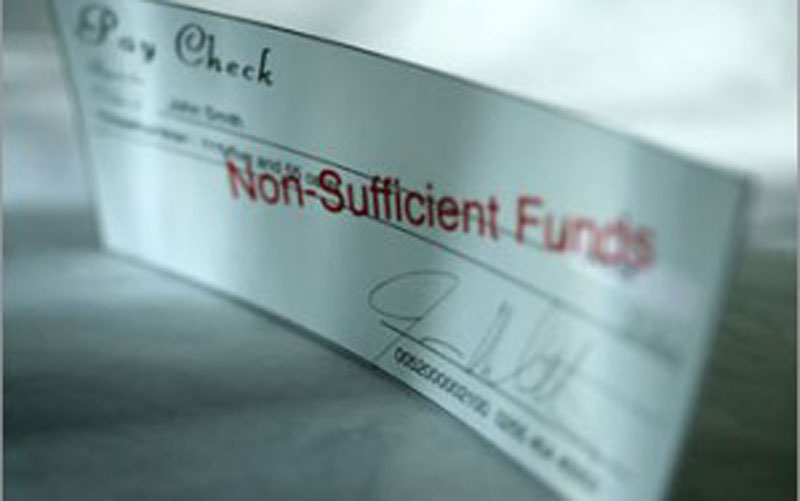Section 138 of The Negotiable Instruments Act, 1881 deals with the dis-honour of cheques. It was enacted with the main motive of providing relief to those who suffer as a result of dis-honoured cheques. But after the landmark judgement of Dashrath Rupsingh Rathod v. State of Maharashtra, Supreme Court stated that dis-honoured cheques’ complaints can only be filed in the courts within whose local jurisdiction the cheque is dis-honoured. As a result, a lot of inconvenience was caused to the holders of dis-honoured cheques because cases could only be filed where the bank on which the cheque is drawn is situated. So they had to travel all the way to the defendant’s place to fight the case. To undo the wrong, a relief has been provided to the holders of bounced cheques by way of this amendment to The Negotiable Instruments Act, 1881.
Now the drawee need not rush to the court where the drawer’s bank is situated as he can file a case in the court where his bank’s branch is situated.

What the new law says:
- If the cheque is delivered for collection to the account of the payee, that is the person who receives the cheque, the jurisdiction lies in the area of the bank branch where the payee maintains an account, or
- If the payee presents a cheque to a bank in any other way, the jurisdiction lies in the area of the bank branch where the drawer, the person who writes the cheque, maintains an account.
- If the payee has filed a complaint against the drawer in a court with appropriate jurisdiction, all subsequent complaints against that person regarding cheque bouncing will be filed in the same court, irrespective of whether the cheque was delivered for collection or presented at a bank within the territorial jurisdiction of that court.
For example –
- A gives a cheque at par drawn on Axis Bank, Delhi to B and B deposits the cheque in ICICI Bank, Mumbai where he has an account. But it bounces. So now B can file a case in Mumbai.
- A gives a cheque at par drawn on Axis Bank, Delhi to B. B deposits the cheque at OBC Bank in Kerela, but he has no account in OBC Bank. The cheque bounces. Now the case shall be filed in Delhi.
Interestingly, this amendment has a retrospective effect i.e. all cases from 15th June, 2015 will have to be shifted from the courts of the defendants to the courts of the plaintiffs. It, indeed, is a respite for the plaintiffs who would have had to take the trouble and incur the cost of going to the defendant’s place to file the case. But, it has been opined that in the retrospective cases, the plaintiff should be given a chance to decide where he wants the case to be taken up.
– Report by Prarthna Nanda

